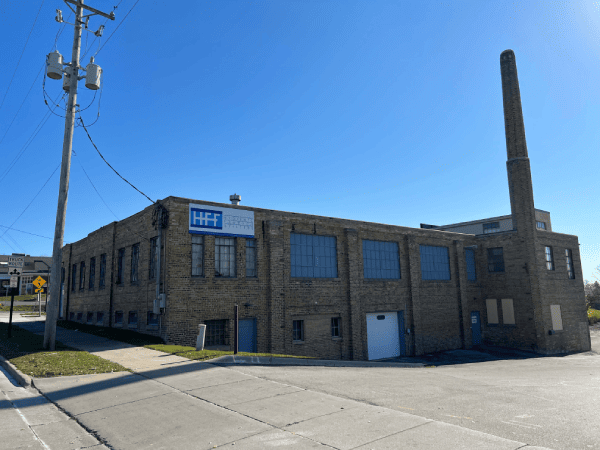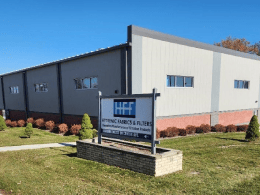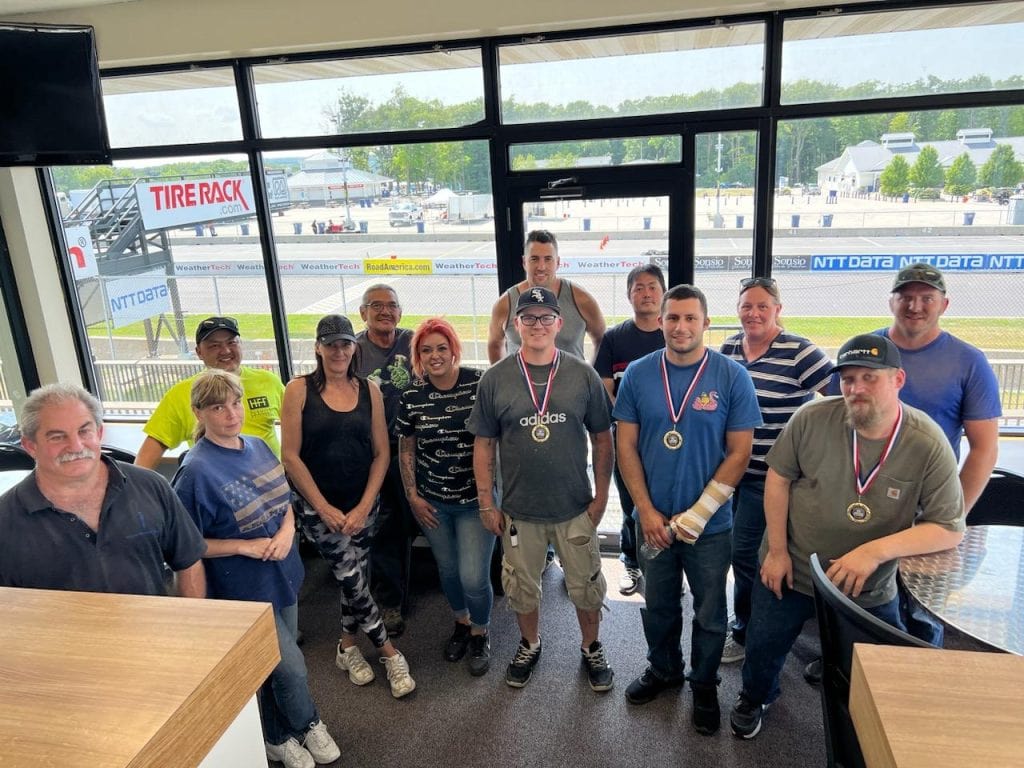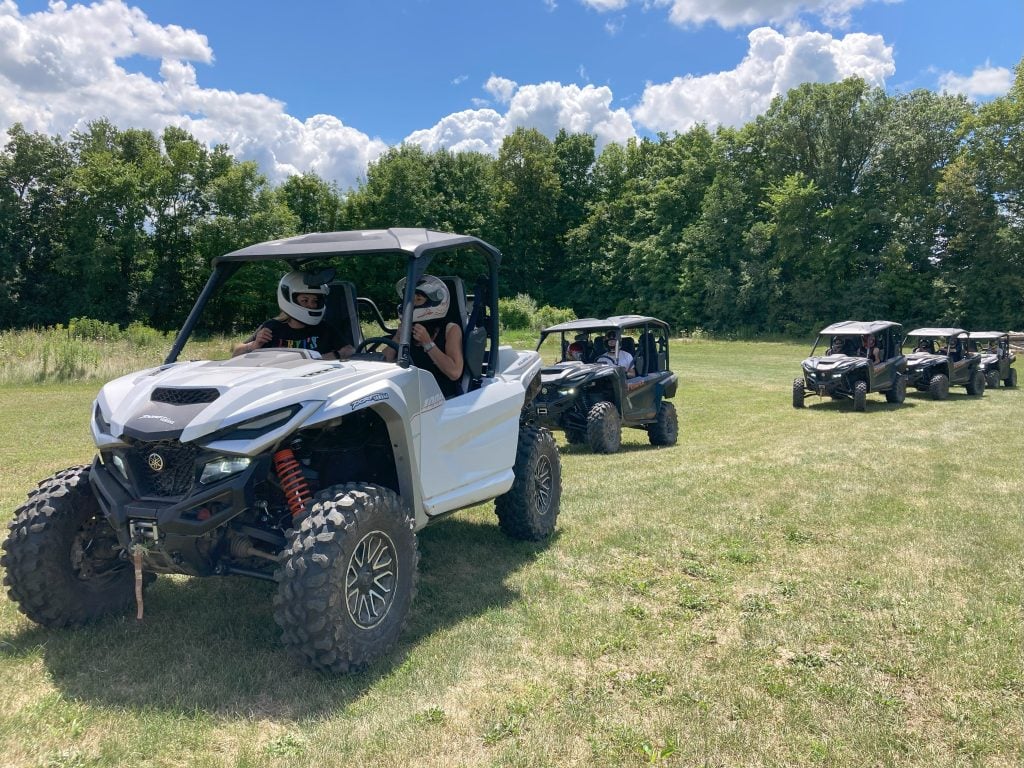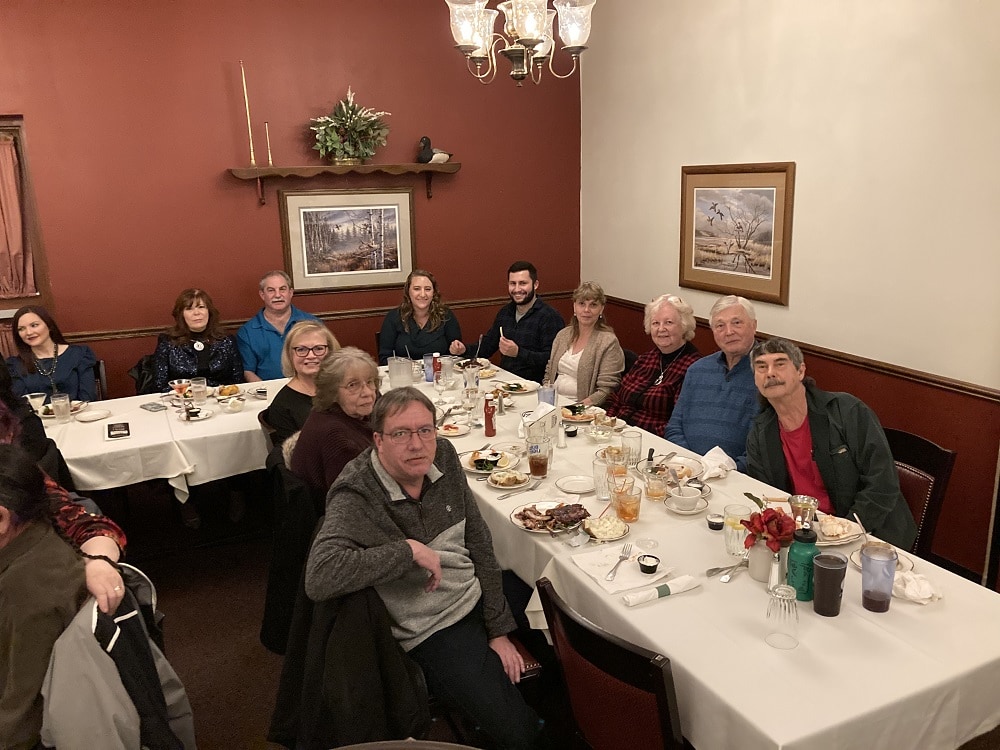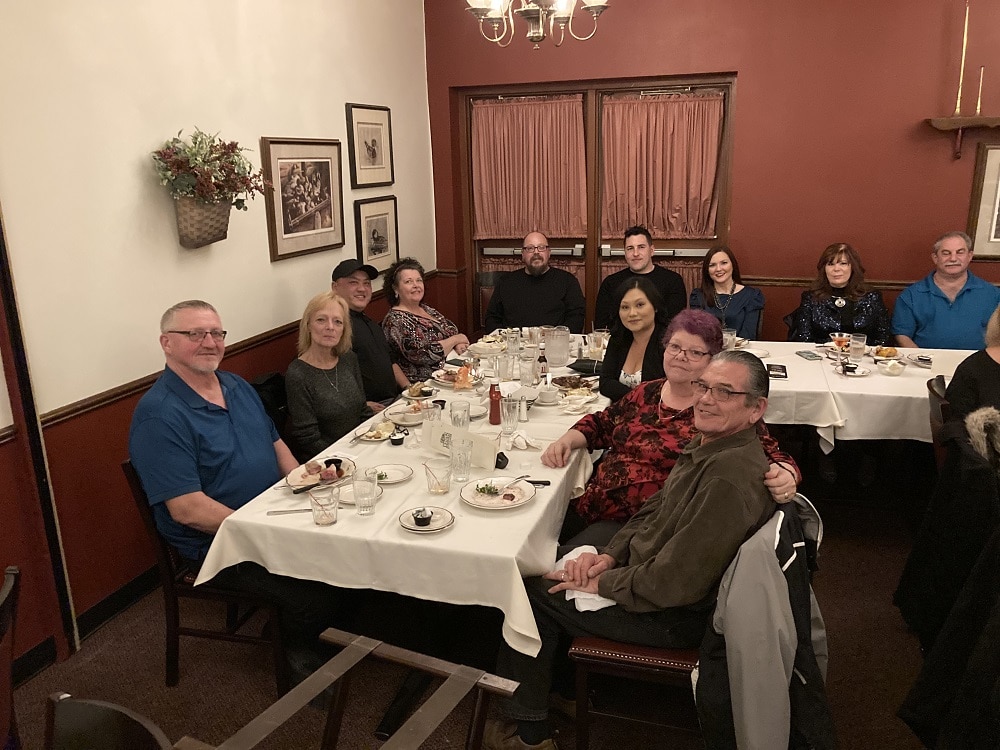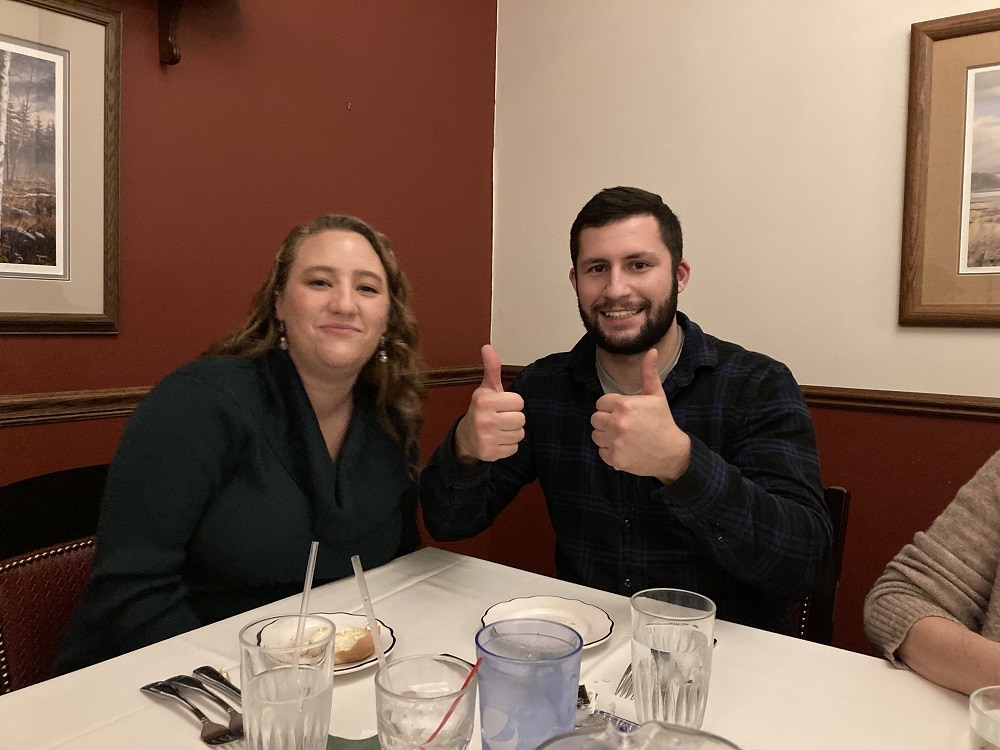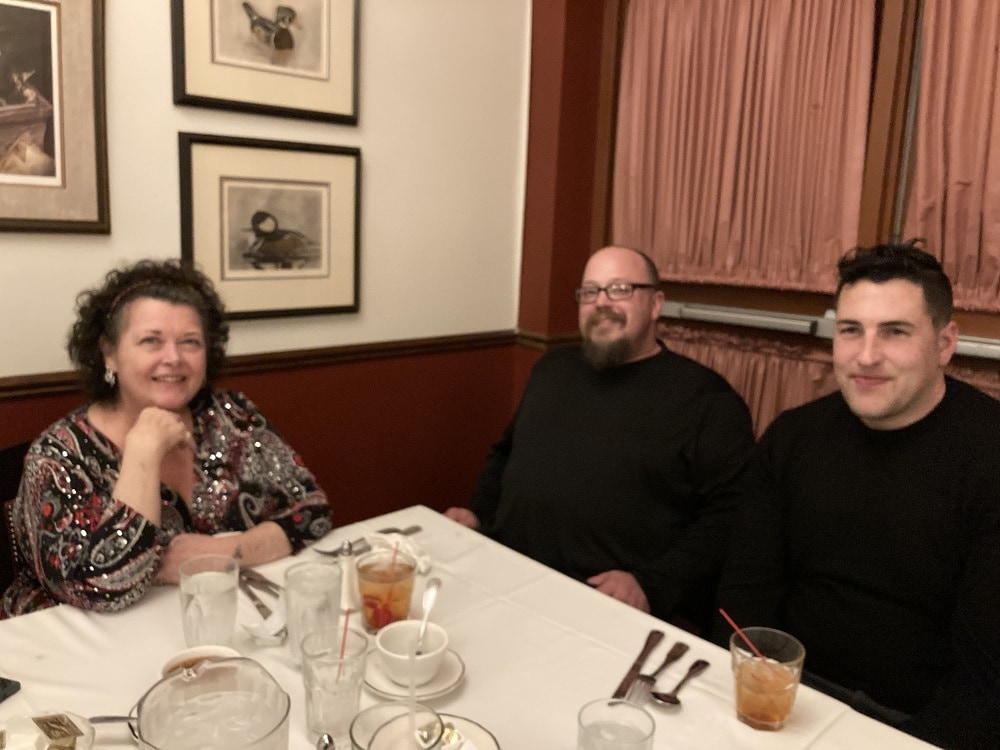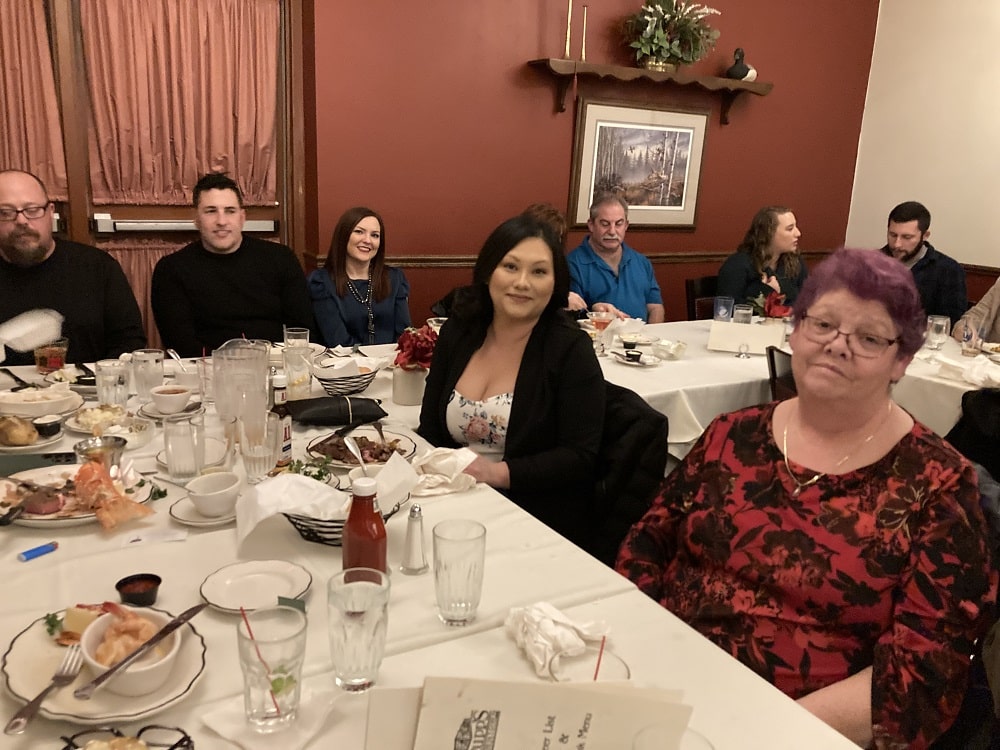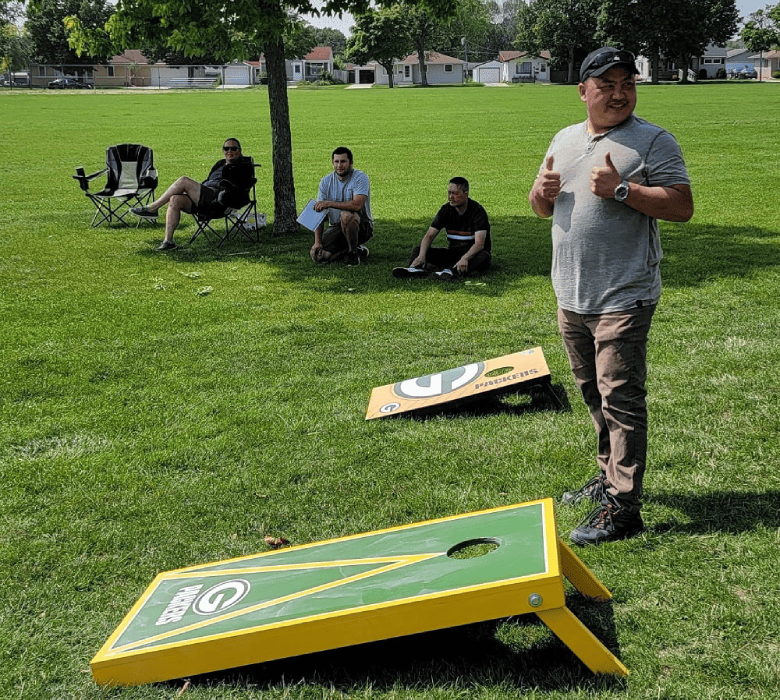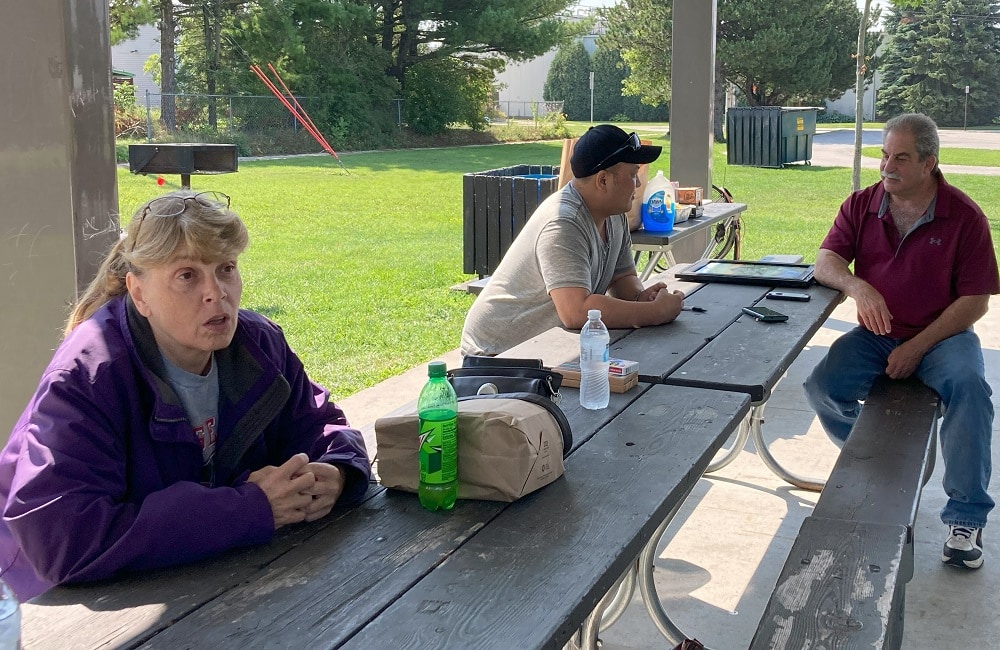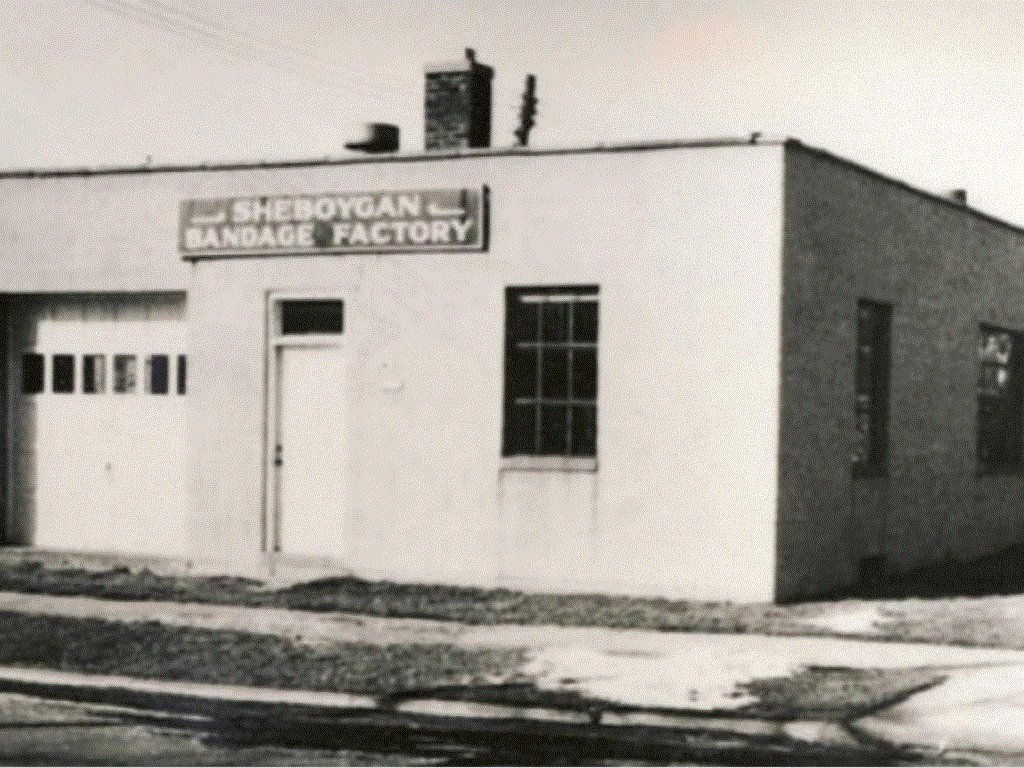
 Our Sheboygan Location Is ISO 9001:2015 Certified
Our Sheboygan Location Is ISO 9001:2015 Certified
 Our Sheboygan Location Is ISO 9001:2015 Certified
Our Sheboygan Location Is ISO 9001:2015 Certified
About
Locations
The contact information for Hygienic Fabrics & Filters is as follows for all plants:
527 N 13th St
PO Box 1005 (ZIP 53082-1005)
Sheboygan, WI 53081
Core Values
Safety
Our employees are our most important asset. We treat them like family.
Short Lead-Times
Strive to minimize lead-times.
Flexibility
Offer custom packaging and labeling as well as shipping methods.
Tight Internal Controls
Customer Application Support
We help customers solve filtration needs.
Quality
100% customer satisfaction.
Careers
HFF is a growing and dynamic company with a rich history. We are committed to maintaining an entrepreneurial culture of innovation and trust and are always looking to advance our capabilities. We offer a clean work environment, opportunities for advancement, and competitive compensation package including the following:
- Health Insurance
- Simple IRA
- Profit Sharing
- Dental Insurance
- Vision Insurance
- Paid time off
- Paid Holidays
- Referral program
- Tuition Reimbursement
This means we’re always on the lookout for high-caliber employees. Individuals with the following expertise are encouraged to email their resumes to office@hyfab.com:
- Sewing machine operator
- Maintenance
- Assembly
- Material Handler
- Production
Or you may choose to print, fill out, and mail the linked employment application to us at the following address:
Human Resources
Hygienic Fabrics and Filters
527 N 13th St
Sheboygan, WI 53081
HFF conducts annual team-building events. In 2022, 2023, and 2024 we did geo chaching and/or UTV trail riding at the world-famous Road America race track in Elkhart Lake, Wisconsin
Road America’s UTV trail riding experience over challenging terrain. The UTV trail ride lasts over two hours and includes wooded terrain that is full of hills, large rocks, logs, and–weather permitting–mud.
In August HFF personnel gather for an employee appreciation picnic at a local park for games, food, and fellowship.
Annual Christmas Dinner
Annual Employee Appreciation Picnic
History
A Legacy of Craftsmanship — Evolved for Modern Industry
Our story begins over a century ago with the Sheboygan Bandage Company, which crafted linen cheese wraps and circles for the region’s thriving dairy trade. That commitment to quality and function carried through to 1959, when Hygienic Fabrics & Filters was officially founded to supply fabricated cloth, filter socks, and tubing to cheese producers across the Midwest.
Back then, every dairy had its own cheese plant — and we were there to support them. As the industry modernized and centralized, we evolved too. The small-town cheese houses gave way to larger, more sophisticated facilities, and HFF expanded alongside them — delivering reliable filtration, food-contact textiles, and customized solutions to meet stricter standards and growing production demands.
Today, HFF Converting and Industrial Solutions builds on that legacy with advanced converting, sewing, cleanroom production, and die-cutting capabilities. While we still proudly serve artisan cheesemakers, we now support clients in food, pharma, healthcare, and industrial markets across North America and beyond. What hasn’t changed is our mindset: we don’t just deliver parts — we help solve problems, improve workflows, and support innovation across every stage of production.
